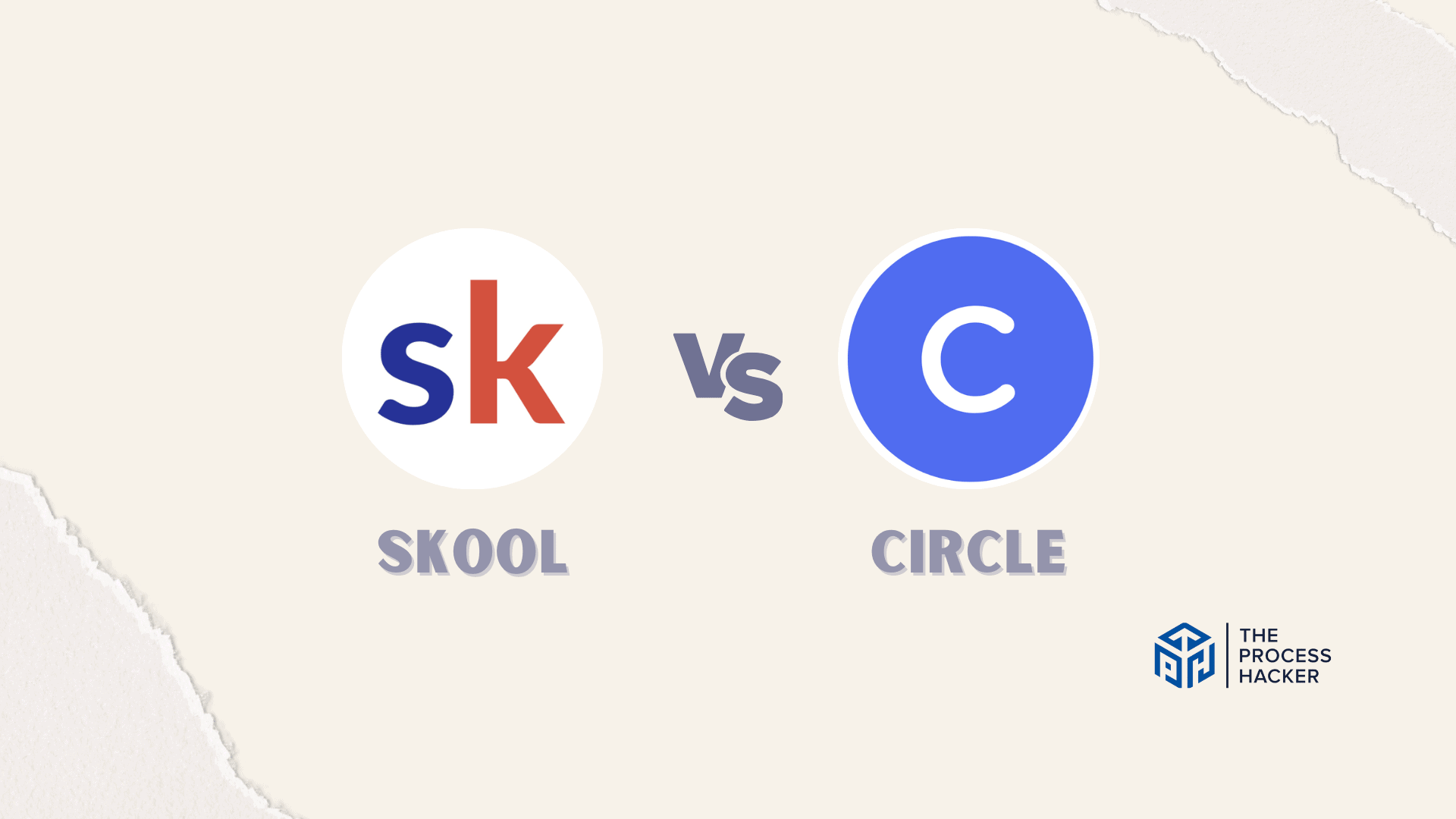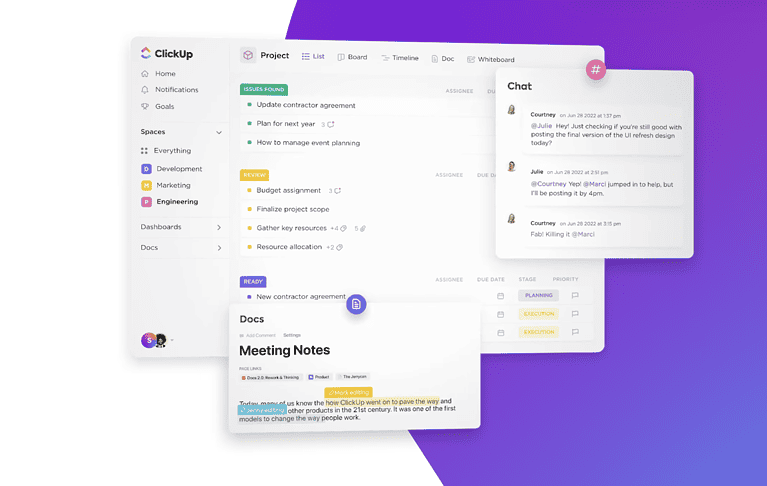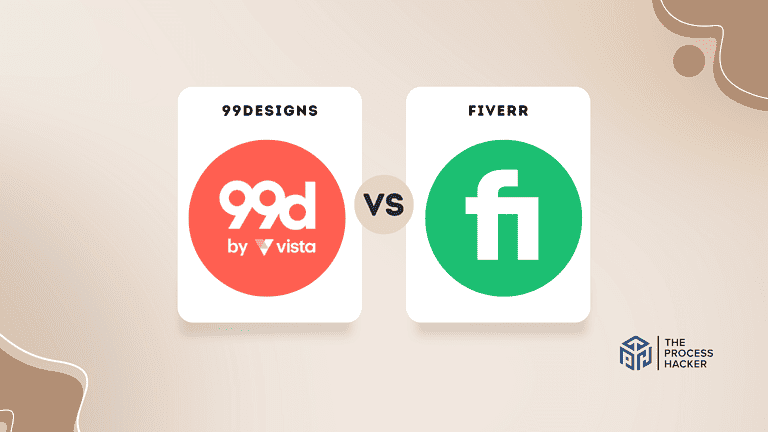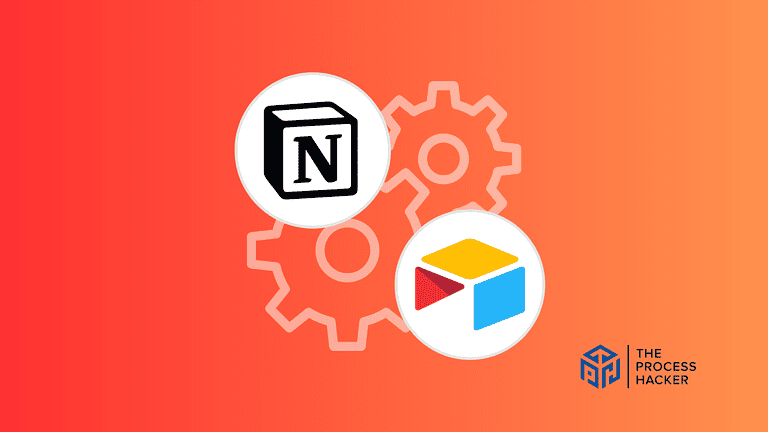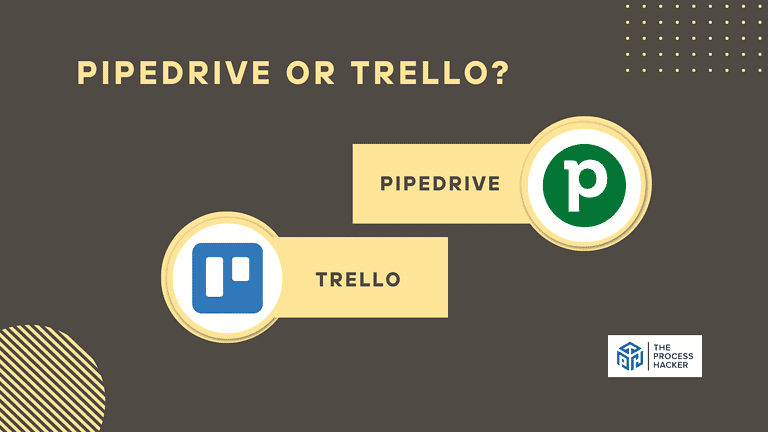Skool vs Circle: Which Online Community Platform is Better?
Are you looking for an online community platform to ensure your courses go beyond just delivering content and creating an engaging learning experience?
Choosing the right platform to engage, educate, and connect members in meaningful ways is more crucial than ever!
In this post, we dive into all the features, benefits, and considerations between two heavyweights in the online community space: Skool and Circle.
If you purchase through our partner links, we get paid for the referral at no additional cost to you! For more information, visit my disclosure page.
Whether you’re spearheading a bustling online learning environment, fostering a space for tech-savvy individuals to exchange ideas, or crafting virtual workshops that cater to the curious and the knowledgeable alike, the choice between Skool and Circle can be challenging.
Both platforms boast unique strengths suited to different aspects of community management and online engagement, but the question remains:
Which platform optimizes the connectivity and growth of your online community?
Join us as we review each platform’s functionalities, user experiences, and customization options, helping educators, learners, and innovators make informed decisions tailored to their needs.
Who will emerge as the ultimate online community platform? Keep reading for more!
Brief Overview: Skool vs Circle
First, I’ll give you a quick overview of Skool and Circle:
Skool
Skool is an online community-centric platform designed for course creators, coaches, influencers, and entrepreneurs. It focuses on interactive learning, networking, and community management.
The platforms offer unique features, including course creation, community discussions, and live messaging, aiming to make learning more engaging and interactive. Participants can customize their learning paths, tailoring the experience to fit personal and professional goals.
Key Selling Points:
- Customizable learning paths for a personalized learning experience
- A variety of interactive courses that promote active learning and engagement
- Community discussions like a Facebook group that encourage meaningful conversations and collaboration
- Live messaging for real-time communication and support
- Gamification features to encourage participation and engagement
- Comprehensive analytics tools for tracking community growth and engagement
- An expert team dedicated to providing a top-notch learning experience
- Responsive customer support for a smooth user experience
Circle
Circle is an all-in-one community platform that empowers creators, brands, and educators to build, manage, and engage their communities. It’s designed to create a seamless experience for hosting discussions, events, and courses under your brand.
With Circle, you can quickly bring your vision for a community to life thanks to its user-friendly setup and comprehensive suite of features.
Key Selling Points:
- Designed for creators to build and manage their communities
- Provides a space for meaningful interaction between creators and their audience
- Focuses on fostering engagement and growth within online communities
- Offers customizable spaces to suit the needs of different creators and audiences
Quick Verdict: Skool vs Circle
In Skool, the focus is on simplifying the learning curve for both educators and learners with a suite of tools aimed at enhancing the educational experience. It combines interactive courses, community discussions, and customizable learning paths to create a dynamic and engaging learning environment.
This makes it particularly suited for course creators, educators, and any individual or organization prioritizing educational content delivery and student engagement.
It provides a broad range of features, including organized discussions, rich posts, event spaces, and immersive courses, allowing for a highly customizable community experience. Circle’s strength lies in its flexibility and integration capabilities, making it ideal for brands, creators, and educators looking to build, manage, and scale their online communities with ease.
Whether hosting live workshops, selling online courses, or providing 1:1 consultations, Circle adapts to various needs.
Product Overview: Skool vs Circle
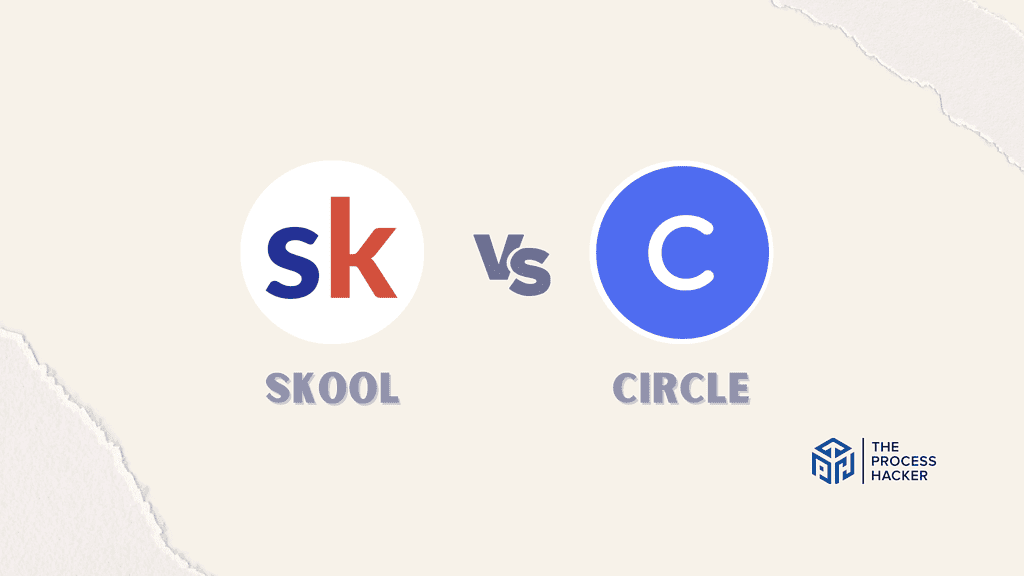
What is it?
Skool is an all-in-one community and course-hosting platform. It offers a comprehensive set of tools that allow creators to build, manage, and monetize their online communities.
Circle is a modern community platform that aims to bring creators and their audiences closer together. It provides the space and tools needed for meaningful interaction and engagement.
Who is it for?
Skool is ideal for course creators, coaches, influencers, and entrepreneurs who want to streamline online community management and content creation. It’s the perfect tool for individuals seeking to build and manage their online communities while also having the opportunity to earn from it.
Circle, meanwhile, is best for creators seeking to foster a deeper connection with their audience. Whether you’re a blogger, YouTuber, or podcaster, Circle provides the platform for you to engage with your audience in more personal and meaningful ways.
What makes it special?
Skool’s ability to provide a comprehensive platform for creators sets it apart. Not only does it allow for community building and management, but it also opens avenues for income generation, making it a valuable tool for any creator.
Circle stands out with its emphasis on fostering engagement within online communities. It’s not just about providing a space for creators and their audience; it’s about creating an environment where meaningful conversations and relationships can thrive.
What does it do?
Skool allows creators to build and manage online communities, create and host courses, and monetize their content and community. It’s a complete package that caters to the needs of a wide range of creators.
On the other hand, Circle provides a platform for creators to build their communities, engage with their audience, and foster growth. It offers customizable spaces that suit the needs of different creators and audiences, providing a more personalized experience.
Quick Comparison: Skool vs Circle
| Key Features | Skool | Circle |
|---|---|---|
| #1) Pricing | Winner | |
| #2) Free Trial | Tie | Tie |
| #3) Design & Functionality | Winner | |
| #4) Community Discussions | Winner | |
| #5) Interactive Course Creation and Management | Winner | |
| #6) Advanced Monetization Features | Winner | |
| #7) Events and Live Streaming | Winner | |
| Overall | Winner |
Feature Comparison: Skool vs Circle
Let’s compare the features of these online community platforms so you can make the right decision for you and your business.
#1) Pricing
As you dive into the experience with Skool, you’ll find that their pricing approach is clear-cut. With a monthly investment of $99, you are provided with a comprehensive package that caters to all your needs. This includes unlimited courses, groups, and access to the Skool community. The transparency and simplicity of this model make it easy for you to budget for and understand what you’re getting for your money.
Circle’s Basic Plan will cost you $49 per month. This plan equips you with essential tools to build a thriving community space. As your community grows and prospers, you can enhance your capabilities with higher-tier plans, such as the Pro or Enterprise Plans. This ensures the platform grows in parallel with your expanding needs.
After weighing both options, Skool provides more value for its cost due to its all-inclusive nature. While Circle offers a cheaper starting price, the potential costs of upgrading as your community grows could add up.
Verdict: For pricing, Skool offers a better deal due to its all-inclusive package and transparent pricing.
#2) Free Trial
Circle does not extend a free plan but offers a 14-day free trial to get a feel of its features. This brief period allows you to delve deep into the platform’s robust capabilities. You can experience group chat rooms, private community messaging, and customizable event spaces firsthand, ensuring you fully comprehend the community-building tools before committing.
On the flip side, Skool also offers a 14-day free trial, allowing you to test the waters with its features. This period lets you explore the platform’s community-centric approach and interactive tools. After the trial, should you decide to proceed, you’re faced with a straightforward pricing structure, accompanied by a modest 2.9% transaction fee on any courses sold.
Regarding free plans, it’s a tie between as both Skool and Circle offer a 14-day free trial period. However, the final decision would depend on which features align better with your specific needs during this trial period.
Verdict: For the free trial, it’s a draw between Circle and Skool.
#3) Design & Functionality
Skool’s interface focuses on simplicity and functionality. It’s like arranging Facebook groups. The platform is built with a clean, easy-to-understand layout that allows you to set up your online community with minimal hassle. Beyond its user-friendly design, Skool offers tools for creating courses, fostering community interactions, and managing content.
On the other hand, Circle presents a modern, sleek design that prioritizes engagement. It offers customizable spaces, enabling you to adjust the appearance of your community to reflect your brand. It allows you to enable dark mode, too. Beyond the aesthetic aspect, Circle provides features that encourage in-depth interactions, such as threaded discussions, direct messaging, and group chats.
With customization features compared, both Skool and Circle excel in design and functionality. However, if your priority leans towards education and course creation with an easy-to-use interface, Skool is your go-to option. Conversely, Circle’s offerings are more suitable if you aim to establish a highly interactive, customized community feature.
Verdict: Circle takes the lead for design and functionality due to the customization and deep interaction available.
#4) Community Discussions
Skool provides a platform encouraging rich and engaging community discussions. The platform offers features like threaded comments, live chat, and discussion forums. These tools allow you to cultivate a vibrant learning community where unlimited members can interact, share ideas, and learn from each other.
In contrast, Circle shines with its advanced discussion features. It allows for deep, nested conversations and supports direct messaging and group chats. Its discussion spaces are customizable, enabling you to create unique, branded environments for your community discussions.
While both platforms offer excellent tools for community discussions, Skool gives a slight edge due to its focus on educational communities. It provides tools designed to foster learning and collaboration, making it the preferred choice if your goal is to create an engaging educational community.
Verdict: For community discussions, Skool takes the lead with its education-focused discussion tools.
#5) Interactive Course Creation and Management
Skool provides an interactive platform for course creation and management. It allows you to create, distribute, and manage your online courses easily. Additionally, Skool offers innovative tools like quizzes, assignments, and progress tracking that enhance the learning experience for your community members.
On the other hand, Circle is not primarily designed as a course management platform. While it does allow for content sharing and discussion, its features are more aligned towards fostering community user engagement rather than structured learning.
When it comes to interactive course creation and management, Skool undeniably wins. Its comprehensive suite of educational tools makes it the ideal choice if you want to create and manage online courses within your community.
Verdict: For interactive course creation and management, Skool is the clear winner.
#6) Advanced Monetization Features
Skool offers basic monetization features that allow you to charge for courses and memberships. It also integrates with popular payment gateways to facilitate transactions. However, its focus is more on educational than advanced monetization.
In contrast, Circle comes with a robust set of monetization features. It allows you to charge for access to your community, individual spaces within your community, or specific content. It also supports one-time payments, recurring subscriptions, and even free trials.
While Skool provides adequate monetization tools, Circle’s comprehensive and flexible monetization options give it the edge in this category. If maximizing revenue from your online community is your primary goal, Circle’s advanced monetization features make it the better choice.
Verdict: For advanced monetization features, Circle is the clear winner.
#7) Events and Live Streaming
Skool provides a seamless experience for events and live streaming. It allows you to schedule, manage, and host live sessions within your online courses. This feature is handy for webinars, workshops, or live interactive learning sessions.
On the other hand, Circle does not natively support events or live streaming. While you can share links to external livestream platforms or event pages, it lacks the integrated functionality that Skool offers.
Skool’s built-in features make it a superior choice for events and live streaming. The ability to host live sessions directly within your courses provides a more cohesive and engaging learning experience.
Verdict: For events and live streaming, Skool is the clear winner.
Final Thoughts on Skool vs Circle
After doing thorough research and testing, it’s clear that Skool and Circle have unique strengths!
Circle shines in providing advanced monetization features and fostering community engagement.
However, if you focus on creating and managing interactive courses, hosting live events, and streaming within your community, Skool outshines Circle.
The seamless integration of Skool’s educational tools has made course creation and management effortless. The ability to host live sessions directly within the courses provides an engaging learning environment that you’ll appreciate.
For those who prioritize education and interactive learning experiences within their online community, I strongly recommend Skool. It’s designed with educators in mind, and its robust educational features will help you deliver high-quality online courses.
In conclusion, for a comprehensive, education-focused community platform, Skool is the way to go. It’s time to elevate your online learning community to new heights with Skool.
So, why wait? Start your journey with Skool today!

